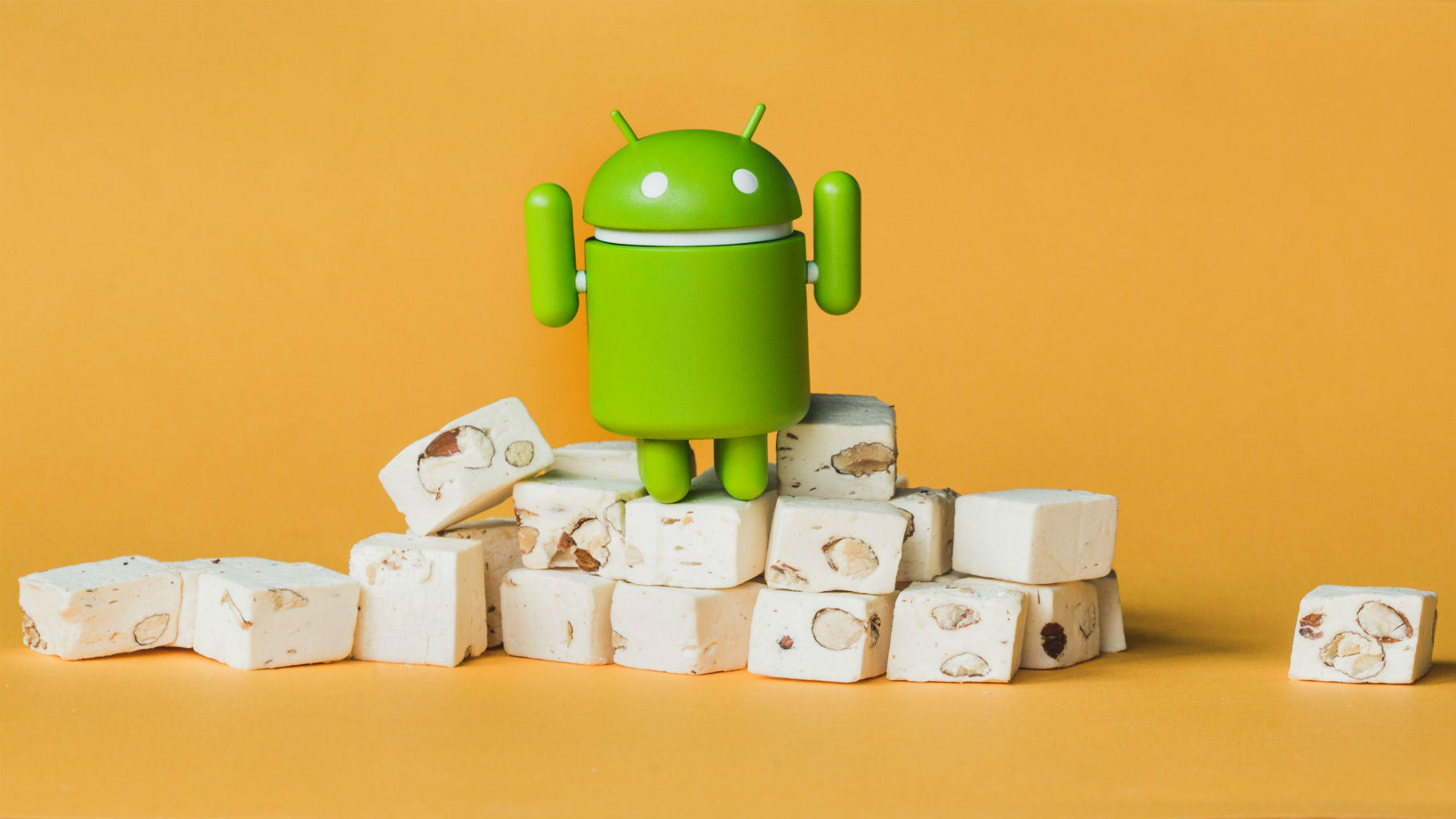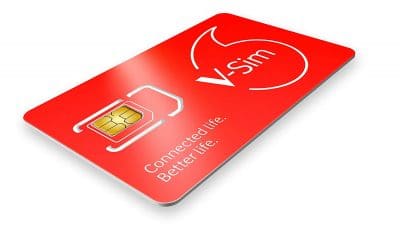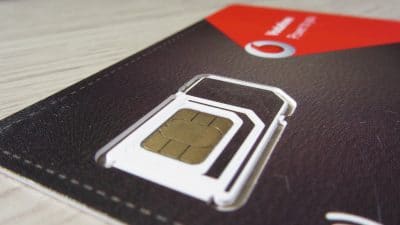Why Android is STILL Better than iPhone
If you're up for buying a new smartphone, then you've really got only two basic choices at this point: Android or iPhone. Some people have a preference, and if you're used to using, say, an iPhone, then the chances are that your next phone is going to be an iPhone too. And we'll be honest right from the start and say that more or less anything you want to do you can do on either an Apple or an Android. Yet, there are still far more reasons to prefer Android. It's not that Android can do things that Apple can't, it's merely that Android does them better. After over a decade, Android is STILL better than the iPhone. Wanna know why? Then read on.
The Basic Stuff
If you look at the great Android/iPhone debate, then some issues never change. People argue that Android is more customisable than the iPhone, which is true. And yet many of us don't use most of Android's customisation options anyway, so this is an advantage that tends to be used only by the most tech savvy.
There's also the cost argument. And yes, iPhones are expensive devices. Though, if we're honest, then top end Androids (the kind that can compete against the newest iPhone) are pretty darn expensive too. The iPhone XS basic model goes from £749, but the Samsung Galaxy S10 goes for more or less the same, so that price argument doesn't really hold water. Android does offer you more options, you can get cheaper phones, but those cheaper phones don't have specs that match up to an iPhone, so the comparison is unfair.
Having said all that, there are a few stand out ways in which Android phones are certainly better than iPhones. These might be things that are important to you as a shopper, and they're certainly things that make Android a better operating system both for the tech-savvy and the general user.
Android and Default Apps
It used to be that iPhones were fairly securely locked down, adding apps that competed with Apple's native apps was a no-no. This is no longer the case, and you're free to download Chrome as your iPhone browser if that's what you wish to do (you're not stuck using Safari). However, one thing that an iPhone won't let you do is to change the default app.
What exactly does this mean? Well, you might have Chrome set up as your web browser. But if you hit a link in an email or message, that link will automatically open up in Safari. If you want to use Chrome, you'll need to copy and paste the link into Chrome itself.
On Android this isn't a problem, you're free to set up your default apps as you like. Being able to choose which media player songs and videos open in, which browser opens links, which messaging programme your texts come into, all that is pretty convenient. And all that is something that you still can't do on an iPhone.
Open Source vs. Closed Source
Okay, this sounds kind of techie, but the consequences affect us all. iOS is a closed source operating system. This means that the only people who can mess with it or change it are Apple. Android, on the other hand, is open source, meaning developers, manufacturers, and even users can mess with it to their heart’s content. The result of this is that Android has many incarnations, Samsung put their own spin on Android for their Galaxy phones, Huawei do the same for theirs and so on. You can even change up Android yourself by installing an Android launcher and giving your phone a whole new look. If there’s something, in particular, you’re looking for from your phone (different app icons, for example), you’ll have better luck finding it with Android.
There’s a flip side to this though. Since Android is open source and anyone can get their hands on the code that makes up the operating system, Android is slightly more at risk from viruses and malware. That risk is still very low though (and you can always install an anti-virus app), and it’s a small price to pay for the flexibility that Android gives.
Widgets
Widgets are those handy icons that live on your phone that give you updates of things like the weather, your Facebook feed, sports scores or whatever else you set them to do. They’re convenient. Wake your phone up and you can see your Twitter feed right there on the home screen without having to open the app. Sure, it only saves a few seconds, but those seconds add up. And widgets are an Android thing.
Yes, Apple did introduce widgets a year or so ago, but frankly, they’re not the same. Apple’s widgets are limited in choice, are too small to read more than a line or so, and live in your notification bar rather than your home screen, making them less convenient and frankly, close to useless.
Expandable Memory
One huge advantage that many Androids have over iOS is expandable memory. iPhones have always been locked down in terms of memory, what you buy is what you get. But many Androids have an extra SD card slot, meaning you can add tons of extra storage. Okay, on top end Androids this feature is starting to disappear, but to end phones tend to have big memories anyway. It’s those low end, budget phones that profit most from expandable memory, and these models generally still have that SD card slot. Adding more memory means you can store more stuff and lessens the risk that your phone will slow down due to over-filling. And SD cards are cheaper, definitely cheaper than upgrading to an iPhone with a larger memory…
Universal Chargers (and Battery Life)
Eugh, this is such a small thing, but it’s something that’s so irritating. Apple chargers are proprietary. With an Android, you have either a micro USB or, more likely, a USB-C charger. These kinds of chargers are pretty common and you’ll be able to share chargers between other electronics (like your Kindle, for example). And because they’re so common, they’re also pretty cheap. Apple chargers are pricey, and can’t be shared with other devices. Which means you need to take multiple chargers with you when you leave the house. There’s really no reason for this, other than Apple being stubborn, but again it means that Android is the more convenient choice.
And from the charger issue arises the issue of battery life. Yes, iPhone batteries are optimised to get great power, blah, blah, blah. The simple truth of the matter is that you can buy an Android with a far larger battery than you can get on an iPhone. And in basic terms that means that your phone will last longer between charges. Apple can preach about optimised batteries all they like, but they’re not beating out the huge 5000 mAh batteries we’re seeing on some top end Androids.
Multis Everywhere…
Another way in which the iPhone fails us is in its ability to use “multis.” We're talking about two distinct issues here, so let's separate them out for a second.
On an Android, you can have multiple user profiles. This means that two people can use the same phone, each with their own passcode and set of apps and a list of contacts. Okay, that might not be the most common of situations, but that multi-user profile is useful in a couple of ways. First, if you consistently hand your phone off to a child (a kid profile without the ability to open your email or shop on Amazon, yes please!). Second, if you use your phone for business and pleasure (negating the ability to accidentally drunk text your boss). The iPhone does NOT have this ability.
Secondly, there's the issue of multi-window use. Ever since Android 6.0, we could run two apps simultaneously in a split screen view. Again, an iPhone can't do that. Perhaps you're comparing two different restaurants, maybe you're navigating on a map while reading written directions, maybe you're looking at an email while still trying to finish that Angry Birds level, split screening is a must for the multi-tasker. To be fair, you can split screens on iOS by using a complicated workaround, but it’s not a native ability like it is on Android.
Love it or hate it, Google is a power player in the online world. So much of what we do is governed by Google or is better handled by Google, that divorcing yourself from the company is close to impossible. From Chrome to Gmail to YouTube to Google Music and Google Photos, if you want efficient, intuitive apps then Google’s got your back. And since Google owns Android it should be no surprise that Android’s compatibility with Google apps is simply better and easier. This goes back to the closed/open source debate. By being slow on the uptake when it comes to allowing other developers to make apps, Apple has essentially stopped Google apps from being optimised on their phones.
We’re not saying this is the way things should be. And to be fair, you can download all of Google’s apps onto your iPhone nowadays. But on an Android they all come as default, they all link to your personal phone account, meaning set up and transferring of data is simple and seamless. For the most part, no one wants to use Apple’s default apps, which means an Android is simply a more convenient choice.
Notification Bars and Settings
Notifications are maybe something that you don't consider since they're such an integral part of daily life these days. But switch between an Android and an iPhone and you certainly will start to think about those notifications. Why? Because Android handles notifications in a far more efficient and logical (not to mention convenient) way.
Firstly, Android groups notifications. This means that if you get three notifications from, say, CNN, they'll all be grouped under one heading. You can open that heading to access all three notifications separately, or you can delete just that one heading and have all three disappear. This means that your notification bar doesn't get cluttered and that things are just easier to find. Your email alert went off? Then on an Android, you find the one heading for email notifications. On an iPhone, you're stuck scrolling through all the notifications until you see the specific email that set off the alert.
And when it comes to dismissing notifications, Android is simpler too. Just swipe a notification to the left or right, and on Android, it disappears (even when your phone is locked). On an iPhone, you'll need to swipe and then press clear, a two-step process that seems clunky after using an Android. In short, Android handles those incoming notifications far better than iPhones and has more configurable settings.
General Compatibility
If you and all your friends and family members use iPhones and Macs then compatibility isn’t really an issue. However, chances are that that isn’t the case. And Apple makes sharing data with non-iOS users a nightmare. Meanwhile, Android lets you easily transfer data using Bluetooth, WiFi, or IR to any device that you like, whether that’s Windows, Android, or iOS. This is yet another example of Apple being isolationist. It’s not enough that you have an iPhone, everyone else you know has to have one as well…
Freedom!
Android gives you more choices. There. We said it. If you want a phone that can go skydiving, Android’s got you covered. If you’ve got only £150 to spend on a phone, then you can get an Android. If you need a phone that has no data access for a child, there’s always Android. In fact, there’s an Android for every budget, for every need, for every situation. On top of that, there are more apps to choose from, more looks to choose from, and more innovations. In terms of actual innovation, Apple competes against only Apple. On the Android market, competition is stiff, meaning manufacturers are forced to come up with new and unique ideas to sell phones.
If you’re looking for freedom, if you want to choose the kind of phone you want, rather than having your needs dictated to you, then you need to buy an Android. It’s that simple.
Bottom Line Time
We can't argue that an Android is better than an iPhone in every case. Given the intuitive nature of an iPhone, it's an excellent choice for an older, less tech ready user, for example. But concerning actual real-life mobile phone usage and design, yes, Android is still better even if there have been some terrible Android devices in recent years.
On the other hand, iPhones are catching up. We've seen a few additions in recent years that have solved a lot of the issues we've had with iPhones when comparing them to Androids (like the addition of a file manager, for example). Still, for the time being, Androids are going to be the choice of any tech-minded person. Their convenience outweighs the beautiful design of the iPhone.




